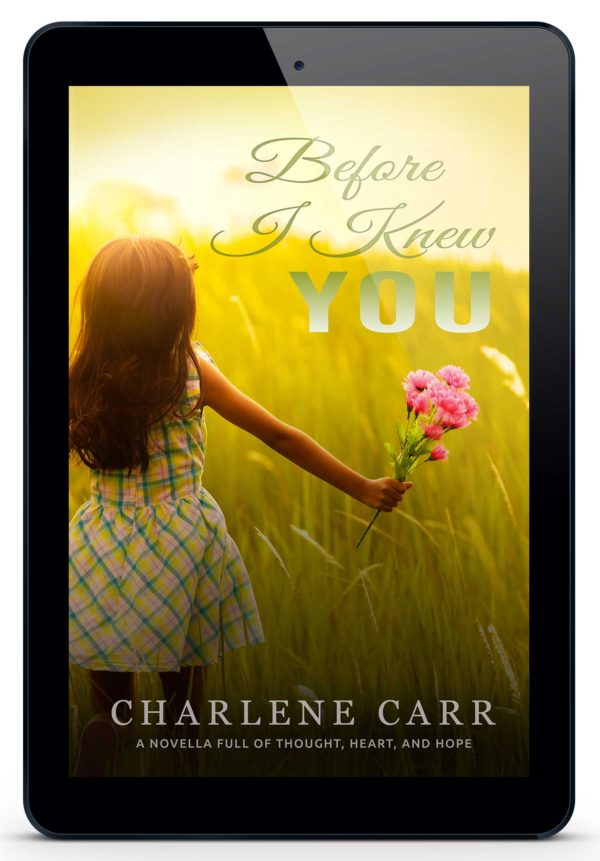Last night I came across some words on a post-it note. After staring at them for a time, wondering why they were written there, where they had come from, I remembered it was the message in some little newspaper where the reader had to rearrange the words or some such thing.
Typing the words into google, I discovered that the quote is attributed to Lin Yutang. Typing Lin Yutang into Wikipedia, I discovered that he was an acclaimed Chinese writer and inventor. The words? “Society can exist only on the basis that there is some amount of polished lying and that no one say exactly what he thinks.”
They’re words that ring of truth but that also leave me with an uncomfortable, queasy feeling despite, or perhaps because of the truth they so often express. Society as a whole is made up of a big bunch of liars: politicians, teachers, mothers, fathers, best friends, ourselves, heck, we even lie to ourselves – perhaps at times even more than we lie to others. And as Yutang professes, it seems as if some of these lies are unnecessary, their polish saving us all from grim truths we couldn’t peacefully exist with.
Part of me wants to believe and hold to the ideal that truth is essential, is always the best choice. Is that a noble belief or a childish, naive, blind one? I’m really not sure. But I think often, whether I like it or not I lean toward the latter options. As a child these were called and understood as white lies . . . little untruths that don’t hurt anyone and perhaps help.
” . . . and that no one say exactly what he thinks.” If I think a bride looks commonplace and unsuited for her dress, despite the fact that it’s supposed to be the day she is more lovely than ever before – should I say it when asked? If I think, even further that she shouldn’t be marrying the man she’s marrying and imagine she’ll regret it within the next year – should I say so? (These are clearly not of equal weight. Does it matter?) Would I want someone to tell me? – probably not. But is that from fear that I’ll be hurt, or fear that they may be right and the desire to not have to deal with that truth?
Is the problem with not saying the truth or is it the fact that I have these thoughts in general – should I rather have the ability to see her for non-aesthetic beauty and her relationship for the potential it possibly could have underneath the dysfunction? Should we tell the dying child that they are dying, and there’s most likely no reason, and nothing that can be done, and it’s unfair and sucks but that’s just life . . . if that’s the truth? Which raises the question – who can really determine what truth is? Maybe one person believes those words were the truth and another believes this dying child will have the opportunity to experience the tenderness of life and the beauty of recognizing one’s own mortality, the gift of being able to prepare for one’s own exit from this world and so is blessed. Who’s to say whose truth is the truth?
These words remind me of lines from one of my favourite poems, features a decidedly pathetic yet intriguing, lovable, and insightful protagonist – T.S. Eliot‘s The Love Song of J. Alfred. Prufrock:
“And indeed there will be time . . .
There will be time, there will be time
To prepare a face to meet the faces that you meet; . . .
Time for you and time for me,
And time yet for a hundred indecisions,
And a hundred visions and revisions,
Before the taking of a toast and tea.”
So often we prepare a face to meet the faces that we meet. . . so often that face is a lie, but if we prepare it enough it begins to feel like truth. This post is an example of ‘a hundred indecisions’ of which I’m not sure any explicit choice can be made.
Dear readers, this has been unclear and undefined, but what are your thoughts? Is truth above all? Is it possible for there to be one truth? Do we need those polished lies. . . could society exist without them? And are there times when preparing a face to meet the faces that we meet is the ‘right’ thing to do, even if it may not be the ‘truthful’ thing?










Join the conversation!